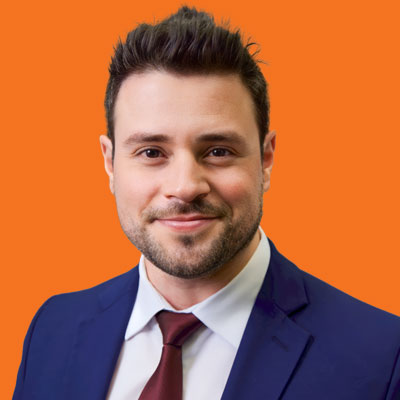Pablo Montero-Zamora
pmontero@austin.utexas.edu
Program: PhD in Prevention Science
Graduation Year: 2021
Employer: The University of Texas at Austin, Department of Kinesiology and Health Education
Job Title: Assitant Professor Tenure-track
Dr. Montero-Zamora’s research focuses on the influence of context, parents, and peers on Latino youth substance use and mental health. Specifically, he studies how factors such as cultural stressors (e.g., perceived discrimination), migration, and social norms shape family dynamics, resulting in youth antisocial and prosocial behaviors. Through a comprehensive exploration of these etiological relationships, including their potential variations among Latino subgroups, Dr. Montero-Zamora’s research centers on improving the development, implementation, and evaluation of culturally adapted evidence-based interventions tailored to serve Latino families in the United States and Latin America.
Before joining UT, Dr. Montero-Zamora earned his Ph.D. in Prevention Science and Community Health at the University of Miami, followed by his postdoctoral training as a UT-Austin Provost’s Early Career Postdoctoral Fellow. Dr. Montero-Zamora has extensive research experience in Latin-America, especially in Mexico, where he worked and earned his Master’s in Epidemiology from the National Institute of Public Health in 2016. Dr. Montero-Zamora’s academic journey also includes a Master’s in Dentistry from the Complutense University of Madrid in 2012 and a Doctor of Dental Surgery degree from the University of Costa Rica in 2010.





